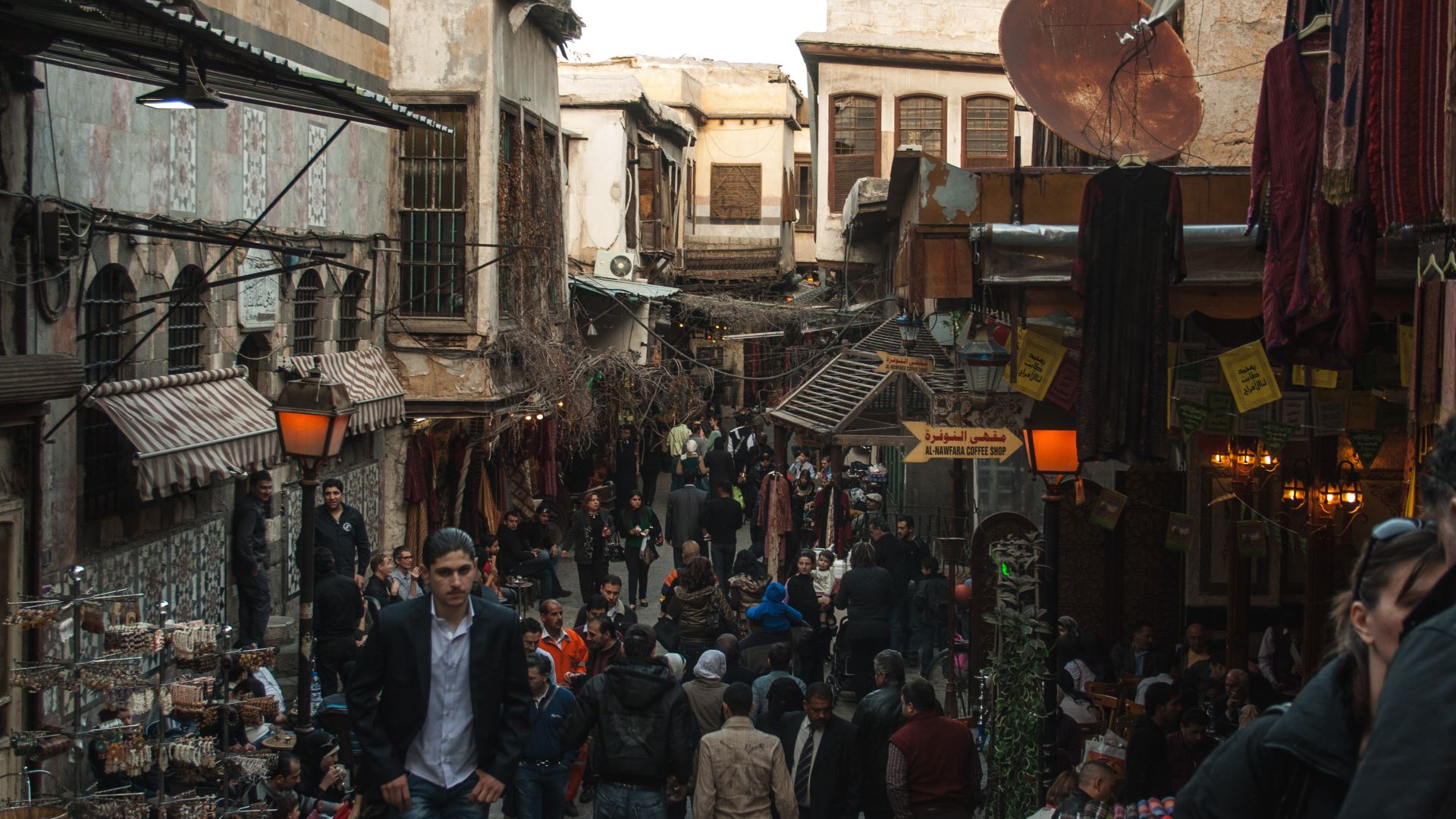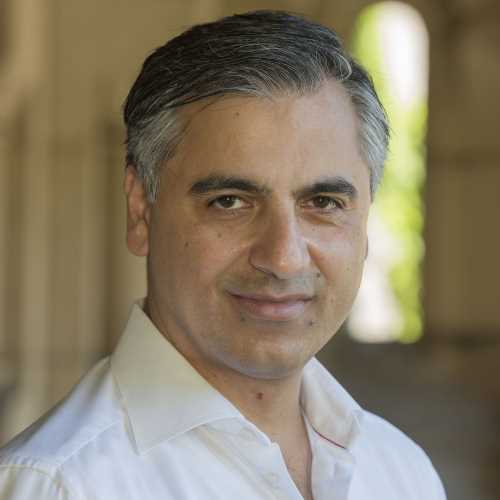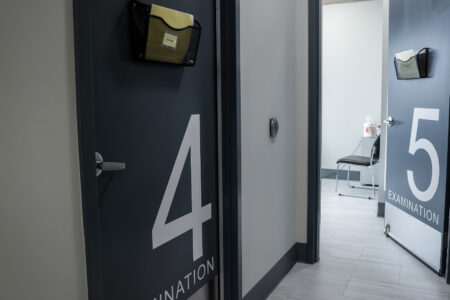
Ten years ago, on March 15, 2011, thousands of Syrians marched through the streets of Damascus and Aleppo, calling for democracy and freedom for political prisoners. Inspired by the Arab Spring, they condemned the arrest and torture of high school students from Daraa, whose only crime was scribbling “it’s your turn next, doctor” on a wall, in an apparent reference to Syrian President Bashar al-Assad. The security forces responded by opening fire on the protestors. Teenagers’ graffiti had set into motion a chain of events that would quickly escalate into catastrophic violence.
It was the beginning of the Syrian civil war and the horrific atrocities that have haunted the world’s conscience ever since. Yet the Trudeau government’s recent decision to invoke the UN Convention Against Torture to hold Syria accountable for the Assad regime’s horrific atrocities has given hope to numerous victims of these crimes against humanity that they may witness a glimpse of justice before the International Court of Justice (ICJ) at The Hague. This is a historic and courageous step that will profoundly shape Canada’s place in the world community, demonstrating that its commitment to a rules-oriented international order is not a mere platitude.
The range, gravity and cruelty of the armed conflict and human-rights violations that have devastated Syria over the past decade is staggering. While there have certainly been aspects of the crisis that have captured international headlines – such as the enormity of the refugee exodus, or the unrelenting bombardment and siege of cities such as Aleppo and Raqqa – the disconcerting reality is that it has felt for some time as if a world experiencing compassion fatigue has stopped paying attention.
That has certainly been the case with respect to the systematic use of torture, a grim dimension to Syria’s human-rights nightmare that both predates the past harrowing 10 years and has deepened over that time.
Torture is nothing new in Syria. It has devastated the lives of untold thousands of Syrians for 50 years during the rule of Bashar al-Assad and his father, Hafez al-Assad, before him. Canadians got a glimpse of these horrors with such cases as Maher Arar, Abdullah Almalki, Ahmad Abou-Elmaati and Muayyed Nureddin – in the post-9/11 “war on terror,” when all manner of abuses were tolerated in the name of security.
There has never been a modicum of accountability. Syria’s torturers have enjoyed an impenetrable shield of impunity. It came as no surprise, then, that when the Assad regime reacted with vicious repression as Syrians clamoured for greater freedom in 2011, the use of torture quickly escalated and assumed shocking proportions.
The accounts of torture since then are unspeakably brutal, and extensively documented in a new report by the UN Human Rights Council’s Commission of Inquiry on Syria, as well as by Amnesty International, Human Rights Watch, the New York Times, and numerous other human-rights groups and journalists.
Yet, although Germany held national trials of ex-Syrian agents based on the universal jurisdiction of its courts, Syria’s powerful friends ensured that wider attempts at international accountability were frustrated. France tabled resolutions before the UN Security Council in 2014, calling for the situation in Syria to be referred to the International Criminal Court, but these were twice vetoed by Russia. There was a sense of despair that nothing could be done.
In 2017, faced with this impasse, we proposed a way for Canada to open a door toward justice by invoking little-known provisions in the Convention against Torture, allowing one state to dispute another state’s application of its treaty obligations to prosecute perpetrators of torture. It is a process that begins with negotiations and can then move on to arbitration and, ultimately, the ICJ.
It is rare for states to initiate global public interest litigation where there is no direct national interest. In 2019, however, the case initiated at the ICJ by the African nation of The Gambia against Myanmar for the Rohingya genocide opened an unprecedented space for such altruistic legal proceedings. Canada and the Netherlands have expressed their intention to intervene in that case.
The Netherlands then indicated last fall that it was initiating proceedings against Syria under the UN Convention against Torture; and now, Canada has joined forces in what is emerging as an alliance of accountability between these two nations.
While the ICJ does not have jurisdiction to hold criminal trials, it brings a vital focus to the Syrian government’s overall responsibility for systematic use of torture. That is an important step down the road to eradicating impunity and perhaps even achieving some measure of deterrence. It sends a message that such crimes will not be tolerated and certainly not forgotten.
This will be a lengthy process including several initial procedural steps over the coming months. But by taking this step, Canada has pointedly demonstrated solidarity with victims alongside a commitment to multilateralism and the building of a world based on respect for fundamental human rights.
This is a ground-breaking step that should be a source of pride for all Canadians. Ten years after the spark that ignited the conflagration in Syria, bringing thousands of refugees to our shores, it sends a clear message that impunity is not an option, and that even if the UN Security Council fails to act, nations with conscience can still rise to the occasion.












